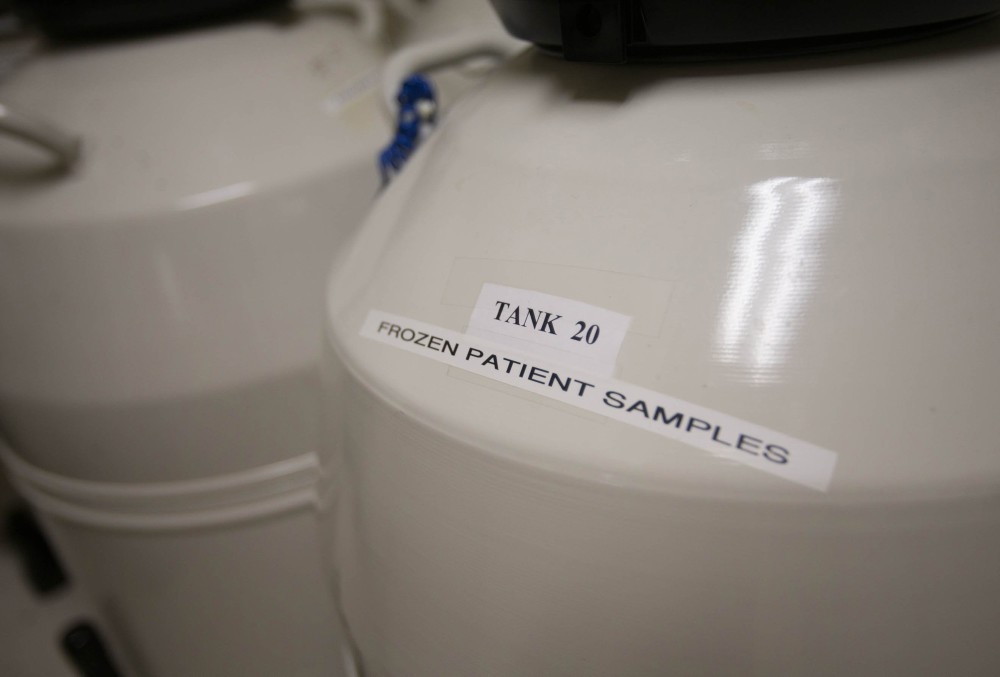By Megan Crepeau
RedEye, Chicago.
Facebook and Apple drew plenty of attention after a recent announcement that the companies will pay for female employees to freeze their eggs.
But fertility experts warn that while egg freezing can be a useful backup plan, it is a relatively new technology that doesn’t ensure success.
Dr. Ralph Kazer, a professor of obstetrics and gynecology at Northwestern’s Feinberg School of Medicine, said he had mixed feelings when he first heard the Facebook and Apple news.
“In the first place, this is a new technology, it’s an expensive technology, and it’s not a particularly efficient technology,” he said. “It’s important that women know it’s not a guarantee.”
Egg freezing involves harvesting egg cells and storing them for future implantation. It originally was recommended to preserve the fertility of women diagnosed with certain forms of cancer, and until fairly recently was considered an experimental procedure.
Dr. Michael Alper, medical director at Boston IVF, said he was “thrilled” about the Facebook and Apple news.
“Women now have a choice of relieving some of the pressure associated with watching the biological clock,” he said. “I think it’s empowering for women; I think it levels the playing field a little bit.”
Alper said success rates vary depending on the age of the woman and the age of the eggs she is using.
If a woman is younger than 35, her likelihood of conceiving with frozen eggs is probably better, but there is still what Kazer termed a “Las Vegas” quality–playing the odds.
“There’s still a significant chance that they’re not going to hit the target,” he said.
“[Egg freezing] is rarely a guarantee of success, and for women in their mid-30s, even if they bank 10 eggs, they’re only going to have a 50-50 chance of making a baby,” Kazer continued. “My concern in recent years has been that because this kind of medical activity is lucrative, it’s often promoted as being better at making babies than it really is.”
Egg freezing is so new that most women who have done it have not yet attempted to get pregnant via their banked eggs, said Dr. Jennifer Eaton, medical director of assisted reproductive technologies at Duke Fertility Center in North Carolina.
“Of course we support any corporation which is doing its best to promote the health of its female employees, be that reproductive or otherwise,” Eaton said. “I would counsel these women, however, that it’s important for them to understand that this is definitely not an insurance policy. It doesn’t guarantee the birth of a baby down the line, and so the best thing they can do is to start their family as early as makes sense for them within their social situation.”














































































































































































































































































































































































